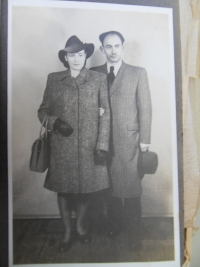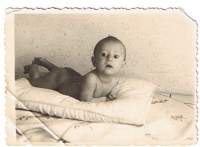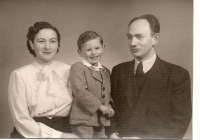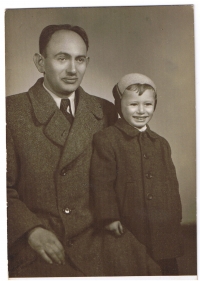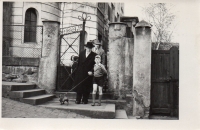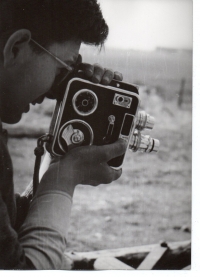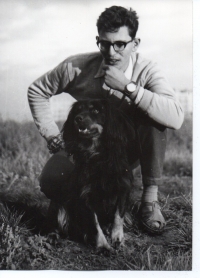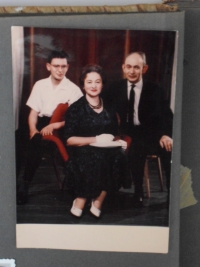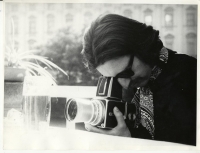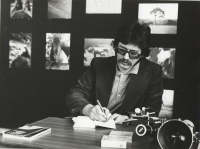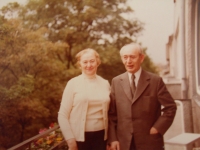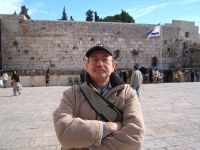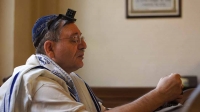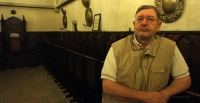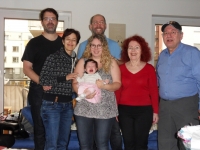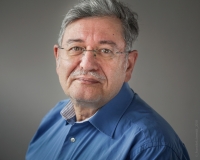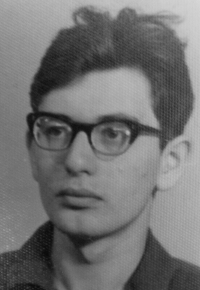Per aspera ad astra - cez prekážky ku hviezdam

Download image
Harry Farkaš sa narodil 22. 5. 1947 v Bratislave, ale jeho rodičia žili v Děčíne. Otec Bernard Farkaš bol židovským rabínom a matka bola učiteľkou. V roku 1957 bol chlapec svedkom otcovho zatknutia ŠtB, ako aj prehliadky ich bytu. Otca odsúdili na dva roky za protištátnu činnosť. Po návrate z väzenia sa rodina v roku 1958 presťahovala do Karlových Varov, kde otec ďalej pôsobil ako rabín, a napokon zakotvili v Prahe. Harry Farkaš navštevoval gymnázium a venoval sa fotografovaniu a filmovaniu. V roku 1964 dostala rodina povolenie na vysťahovanie do Izraela, ale Harry odišiel sám a v Izraeli strávil 2 roky. Jeho rodičia chceli ísť do Nemecka, kde otcovi ponúkli post rabína v Aachene. Keďže bolo zloženie maturitnej skušky na gymnáziu v Izraeli za taký krátky čas pre Harryho nemožné, presťahoval sa k rodičom do Aachenu, naučil sa po nemecky a začal navštevovať fotografickú a filmovú školu v Kolíne. Pôsobil 40 rokov ako kameraman vo verejnoprávnej televízii, natáčal reportáže v Nemecku a v zahraničí a podieľal sa na tvorbe množstva televíznych produkcií. Pred rokom 1989 niekoľkokrát navštívil Prahu, kam sa po odchode do dôchodku vracia veľmi často aj na dlhšiu dobu. Jeho rodičia, aj keď sa dožili vysokého veku, sa do Československa už nikdy nevrátili.
